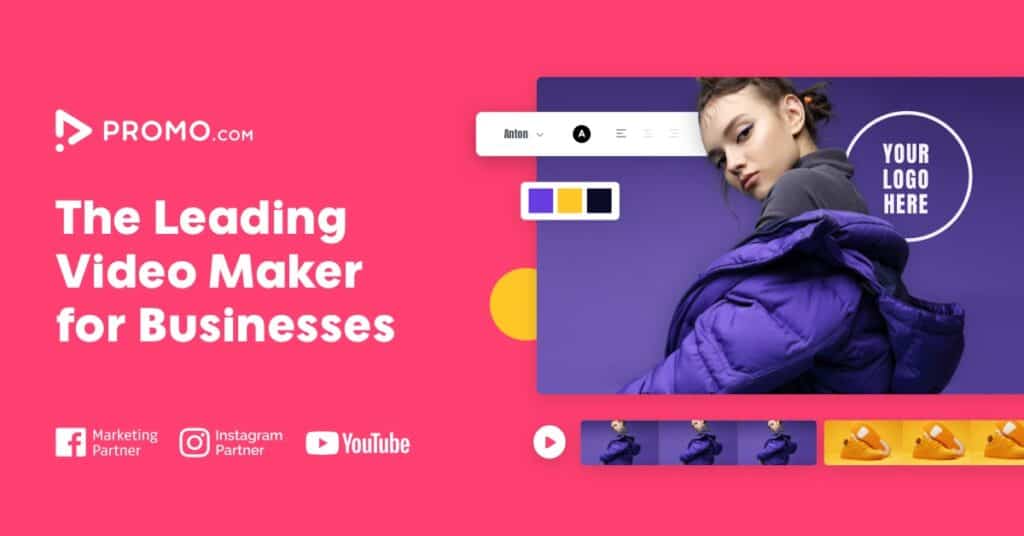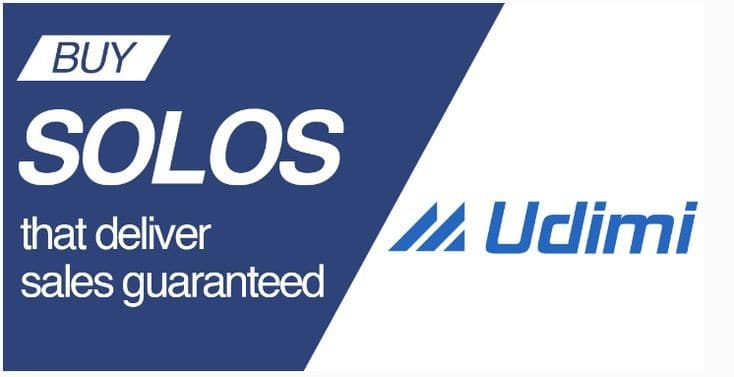Exploring the Dilemma: ClickFunnels or Traditional Website Building
In the ever-evolving landscape of online business, entrepreneurs often find themselves at a crossroads when it comes to establishing a digital presence. The decision between using a specialized platform like ClickFunnels and the traditional approach of building a website can be perplexing. This article delves into the nuances of this dilemma, offering insights that will aid businesses in making an informed choice.
Understanding ClickFunnels: Streamlining Your Online Strategy
ClickFunnels, a powerful and user-friendly platform, has gained traction as a one-stop solution for entrepreneurs aiming to optimize their online sales and marketing efforts. This all-inclusive tool is designed to streamline the process of creating sales funnels, from lead generation to conversion. With its drag-and-drop interface, even individuals without extensive technical knowledge can construct intricate sales pipelines.
The Case for Building a Traditional Website: Customization and Control
On the other side of the spectrum lies the conventional method of building a website from scratch. While it demands a steeper learning curve, this approach offers unparalleled customization and control. Businesses seeking a unique brand identity and complete authority over their digital platform often lean towards traditional website development.
Key Considerations When Choosing Between ClickFunnels and Website Building
Making the right decision hinges on various factors, each catering to different business needs and goals. Here are some pivotal points to ponder:
- Purpose and Functionality: Determine whether you require a straightforward sales funnel or a more comprehensive website with diverse functionalities.
- Ease of Use: Assess your technical proficiency and the learning curve you’re willing to undertake. ClickFunnels offers a simpler interface, while website building demands a deeper understanding of coding and design principles.
- Customization and Branding: If establishing a distinct brand identity is paramount, a custom-built website might be the route to go. ClickFunnels, though versatile, may have limitations in this aspect.
- Scalability: Consider your business’s growth trajectory. Will your chosen option accommodate your expansion plans effectively? Websites can be scaled extensively, but ClickFunnels might have constraints in handling intricate business models.
Balancing Act: Integrating ClickFunnels and Websites for Optimal Results
In a world of possibilities, businesses need not restrict themselves to a binary choice. Many successful ventures adopt a hybrid strategy, harnessing the strengths of both ClickFunnels and traditional websites. This synergistic approach allows for targeted sales funnels while maintaining a robust web presence.
Final Thoughts: Navigating Your Digital Journey
As the digital landscape continues to evolve, so do the tools and methods available for businesses to establish their online footprint. The decision between ClickFunnels and traditional website building is not one-size-fits-all; it hinges on your specific business objectives, technical acumen, and branding aspirations. By carefully weighing the pros and cons, you can embark on a digital journey that aligns seamlessly with your vision for success.




